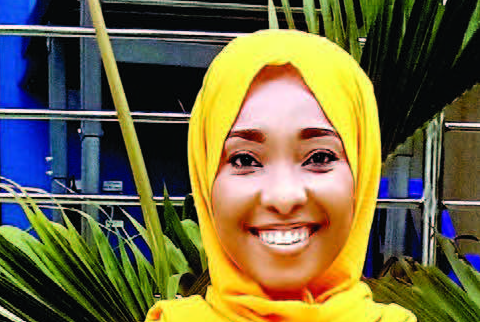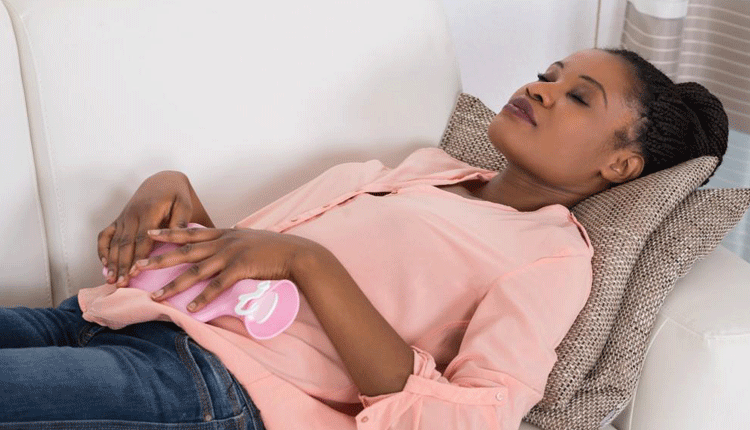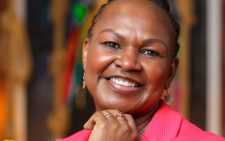Woman explains how fibroids almost ruined her life after diagnosis aged 21

Fourteen years ago, Fatma Mohammed was diagnosed with fibroids when she was 21. This came as a shock to her as she had no idea what fibroids were. She had always been fit and active and her body did not show any symptoms of illness.
“I was playing with ma as he had hoped. The fibroid grew in size and increased in number. She went from one to three, to five, to seven, nine, and when she eventually had to have the surgery, she had 23 of them removed. This was the beginning of a painful journey. Her symptoms included heavy menses, which were so painful to the extent that she would pass out from the pain.
“I’ve once passed out in town at Kenya Cinema just at the staircase near the exit and strangers took me to hospital. I also had a big protruding belly, horrible constipation, pelvic pressure, anaemia, horrible mood swings and eventually, I was diagnosed with deep vein thrombosis (DVT). The reason I ended up with DVT is that my fibroids were large and many, my estrogen levels were high and high estrogen causes the blood to become sluggish, hence the clots in the body,” she narrates.
Fibroids affected her productivity because it almost seemed like she was always on her period. Cycles were shorter, heavy and painful and the menstruation would go on for several days. She couldn’t leave the house at times.
As a TV presenter, an actress and a voice-over artist, she had shows to do, and so, on some days she would go to the hospital a day prior to get an injection to reduce pain for her to be able to work. At some point, some employers knew about her condition, and while others were kind, others were not. She lost her job due to absenteeism.
She also stopped training in martial arts and other physical activities because there was a lot she couldn’t do. About three and a half years ago, she had her surgery and also founded Wellness Ke, a platform she uses to address reproductive health issues.
“I founded Wellness Ke to offer women knowledge and information, so they can understand their bodies. I started by opening an Instagram page and Facebook and Twitter so I could post different articles and facts, especially my experience with fibroids and deep vein thrombosis. With time, women would share similar experiences and appreciate the knowledge. The platform aims to destigmatise pelvic health conditions and conversations around women’s reproductive health, menstrual health and more,” shares Fatma.
Wellness Ke further offers products to support women’s reproductive health such as green tea, which is essential for hormonal balance, turmeric tea which beats inflammation and helps with menstrual and fertility issues, seed cycling to help boost fertility and balance hormones and wellness packages for both fitness and nutrition plans to help women maintain a healthy lifestyle at the comfort of their homes.
In addition, she hosts wellness Webinars with doctors and psychologists to help women with reproductive health struggles such as infertility and pelvic conditions, and contraceptives use, among others.
“We have a Wellness Ke support group on Whatsapp where women share their experiences and also encourage each other. I offer advice and guidance and so far, it has been amazing.
We have many success stories. Women with pelvic conditions and painful menses have experienced a huge difference. The feedback is amazing. Hormone health is so important because hormones are chemical messengers that perform different functions. And these functions are vital.
For instance, estrogen supports heart health, growth and development, body temperature, mood and more. Women have to understand hormone health in order to ensure that their bodies function properly,” she shares.













